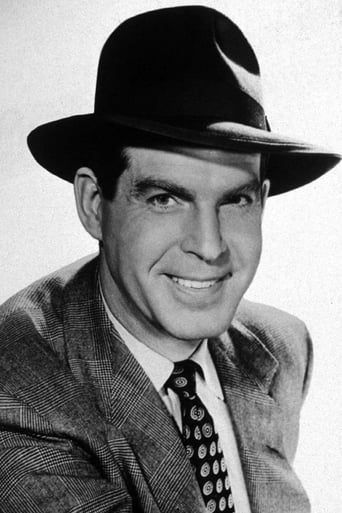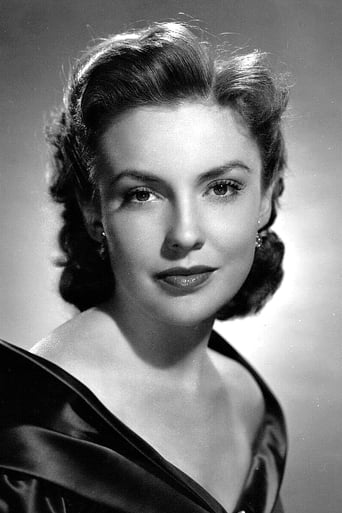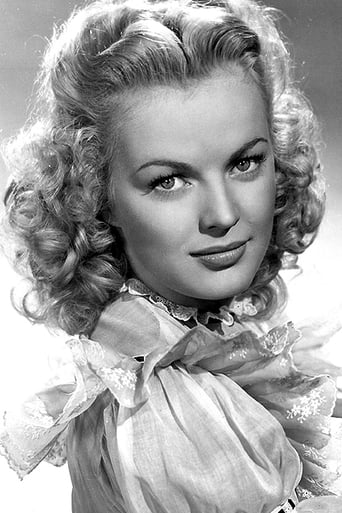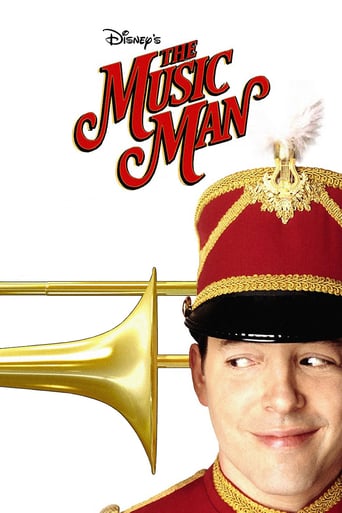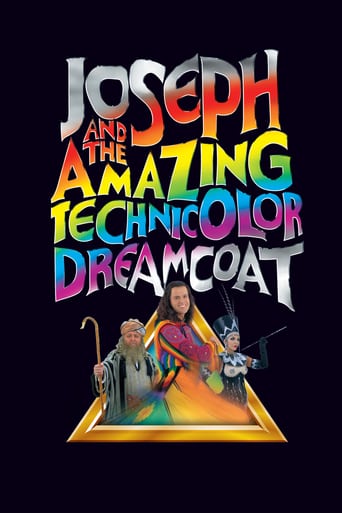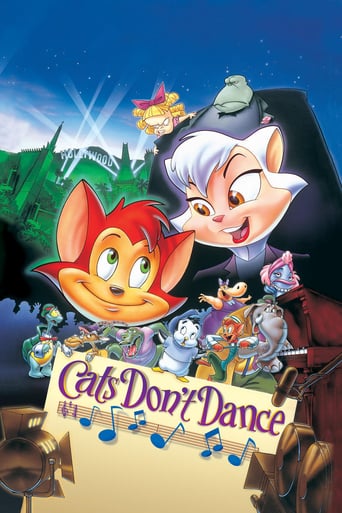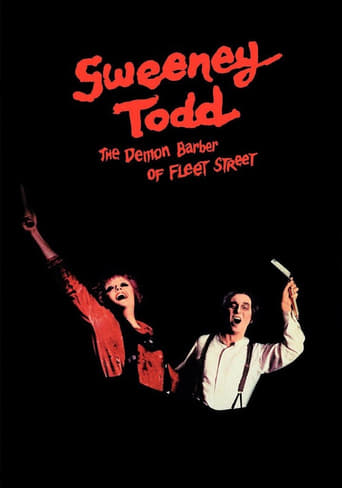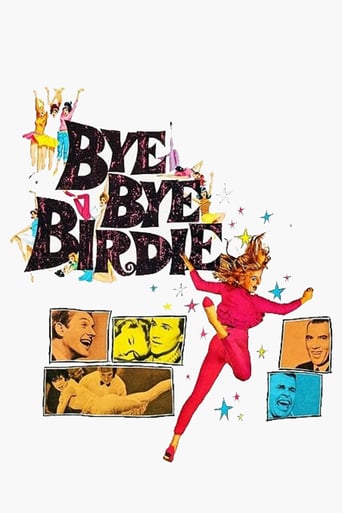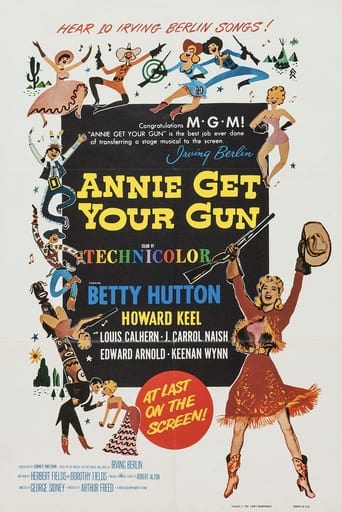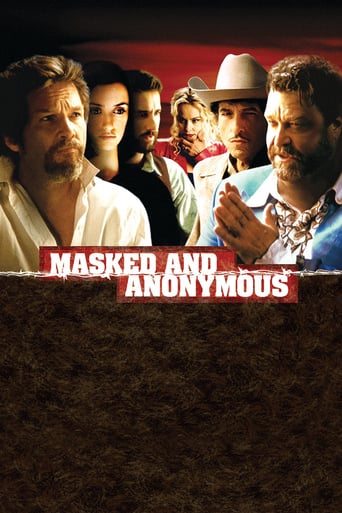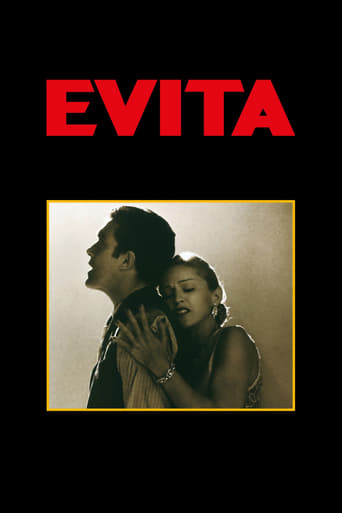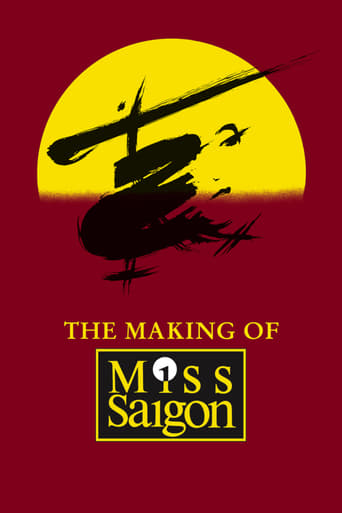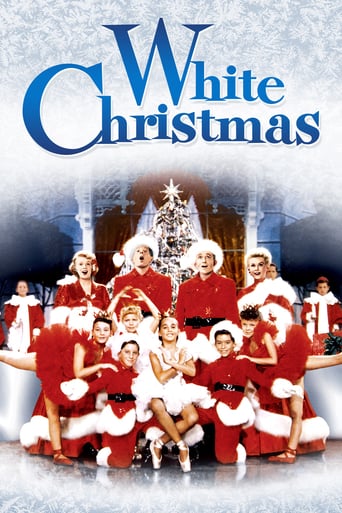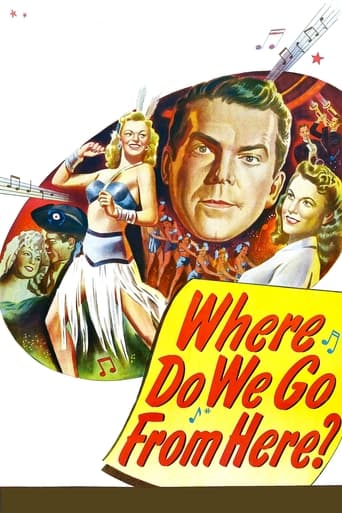
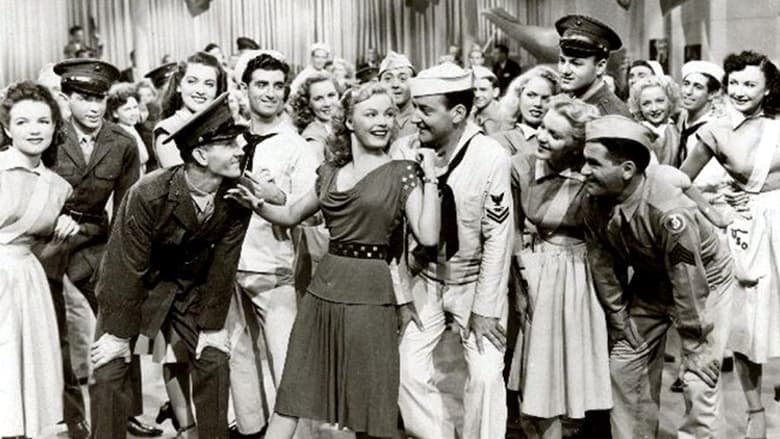
Where Do We Go from Here? (1945)
Bill wants to join the Army, but he's 4F so he asks a wizard to help him, but the wizard has slight problems with his history knowlege, so he sends Bill everywhere in history, but not to WWII.
Watch Trailer
Cast


Similar titles
Reviews
"Where Do We Go from Here" is a comedy, fantasy and musical that started out with a huge cast – with many small parts, but finished somewhat smaller. One can tell by the missing people from the cast list, and from the choppiness of the screenplay. The plot is OK and allows for Fox to use multiple wardrobes during this film. But there must have been quite a lot cut from the film. Fred MacMurray is Bill Morgan, Joan Leslie is Sally Smith and June Haver is Lucilla Powell. They form the core of the various scenarios this script takes us through. Ira Gershwin wrote the lyrics for the songs by Kurt Weill. These are some of the best parts of the film. The performers all are good, and the film has light comedy. The funniest song is "Nina, The Pinta and the Santa Maria." The best lines happen when Bill is transported back to the pilgrim days of America. Bill asks a passer-by the name of the girl in the park, and the gent doesn't understand Bill's 20th century English. So he tries again, "In the park, a girl there is sitting. Her name, me you could tell?" The gent answers with a nod and smile, "Katrina." After resolving a major problem over Manhattan Island (can anyone guess), Bill tells Katrina, "See it now, I can. For me in the whole world, the only girl you are." Katrina, "So glad I am. But, change your mind, what made you?" Actually that sounds like something from the future as well—well, the past future. Doesn't it sound a lot like Yoda in the Star Wars films?This is light entertainment that some will enjoy. Others may be bored or soon lose interest.
Saw it as many times as I could before it left the scene. A delightful and entertaining film with some of my very favorite stars. Only wish I could find it again! Would certainly buy/view it if I could. Please, somebody, bring it back. Fred MacMurray was perfect in his role as a patriot during World War II, and his leading ladies, Joan Leslie, and especially June Haver were beautiful and charming. It was a musical, but also romantic, funny, and clever. This was my favorite movie starring June Haver, although I always liked her. Her dazzling smile lit up the screen, and her beauty and talent were an asset to any film. The supporting cast lent credit to their individual roles. A well-balanced and light-hearted film; only wish we had more like it!
First saw this half a lifetime ago on a black-and-white TV in a small Samoan village and thought it was hilarious. Now, having seen it for the second time, so much later, I don't find it hilarious. I don't find ANYTHING hilarious anymore. But this is a witty and light-hearted comedy that moves along quickly without stumbling and I thoroughly enjoyed it.It's 1945 and Fred MacMurray is a 4F who's dying to get into one of the armed forces. He rubs a lamp in the scrapyard he's managing and a genie appears to grant him a few wishes. (Ho hum, right? But though the introduction is no more than okay, the fantasies are pretty lively.) MacMurray tells the genie that he wants to be in the army. Poof, and he is marching along with Washington's soldiers into a particularly warm and inviting USO where June Haver and Joan Leslie are wearing lots of lace doilies or whatever they are, and lavender wigs. Washington sends MacMurray to spy on the enemy -- red-coating, German-speaking Hessians, not Brits. The Hessians are jammed into a Bierstube and singing a very amusing drinking song extolling the virtues of the Vaterland, "where the white wine is winier/ and the Rhine water's Rhinier/ and the bratwurst is mellower/ and the yellow hair is yellower/ and the Frauleins are jucier/ and the goose steps are goosier." Something like that. The characterizations are fabulous, as good as Sig Rumann's best. Otto Preminger is the suspicious and sinister Hessian general. "You know, Heidelberg, vee are 241 to 1 against you -- but vee are not afraid." I can't go on too long with these fantasies but they're all quite funny, and so are the lyrics. When he wishes he were in the Navy, MacMurray winds up with Columbus and the fantasy is presented as grand opera. "Don't you know that sailing west meant/ a terrifically expensive investment?/ And who do you suppose provides the means/ but Isabella, Queen of Queens." When they sight the New World, someone remarks that it looks great. "I don't care what it looks like," mutters Columbus, "but that place is going to be called Columbusland."Anyway, everything is finally straightened out, though the genie by this time is quite drunk, and MacMurray winds up in the Marine Corps with the right girl.I've made it sound too cute, maybe, but it IS cute. The kids will enjoy the puffs of smoke and the magic and the corny love story. The adults will get a kick out of the more challenging elements of the story (who are the Hessians?) unless they happen to be college graduates, in which case they might want to stick with the legerdemain and say, "Wow! Awesome!"
During a Kurt Weill celebration in Brooklyn, WHERE DO WE GO FROM HERE? was finally unearthed for a screening. It is amazing that a motion picture, from any era, that has Weill-Gershwin collaborations can possibly be missing from the screens. The score stands tall, and a CD of the material, with Gershwin and Weill, only underscores its merits, which are considerable. Yes, the film has its problems, but the score is not one of them. Ratoff is not in his element as the director of this musical fantasy, and Fred MacMurray cannot quite grasp the material. Then, too, the 'modern' segment is weakly written. BUT the fantasy elements carry the film to a high mark, as does the work of the two delightful leading ladies - Joan Leslie and June Haver. Both have the charm that this kind of work desperately needs to work. As a World War II salute to our country's history - albeit in a 'never was' framework, the film has its place in Hollywood musical history and should be available for all to see and to find its considerable merits.


